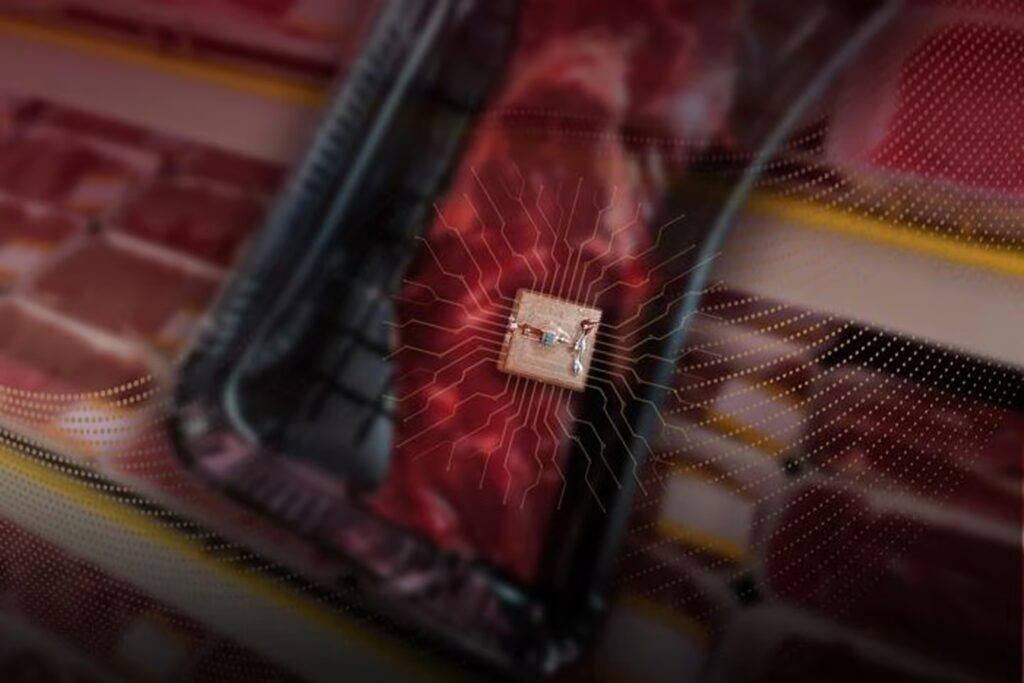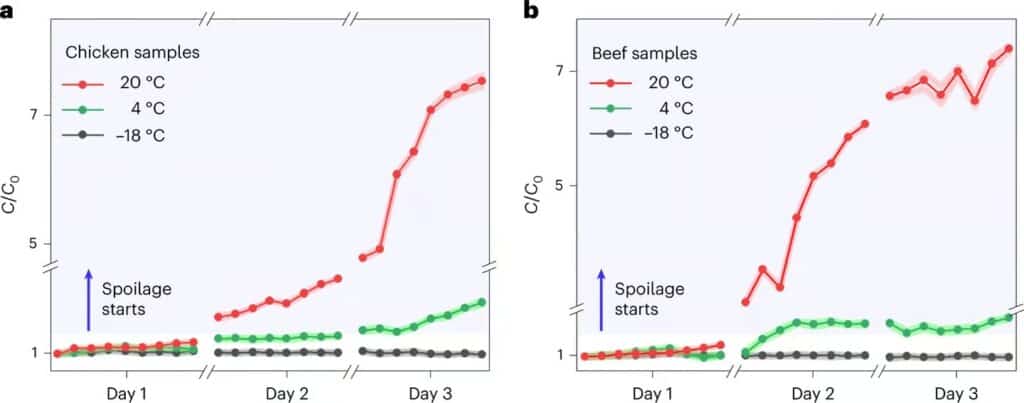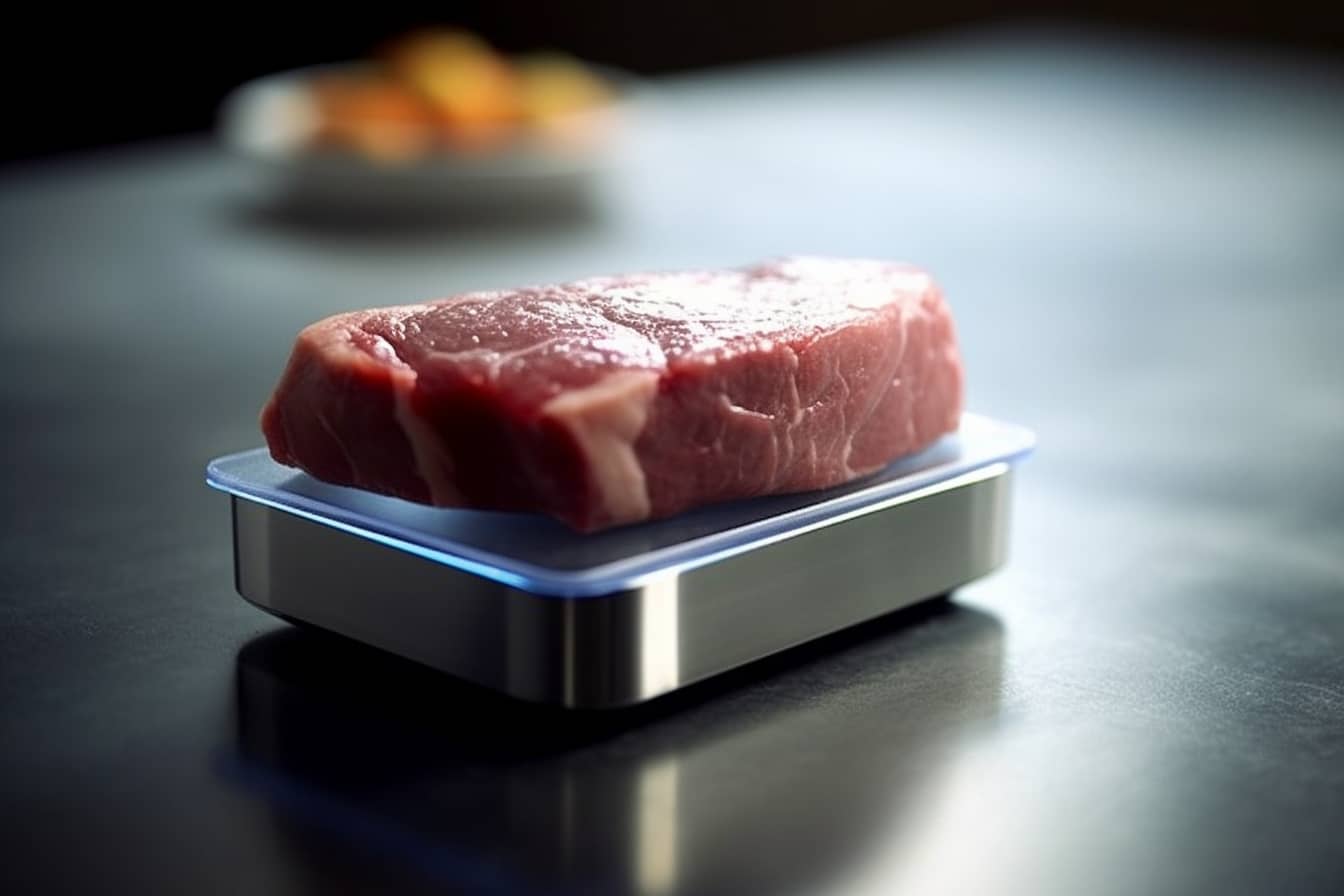If you've ever opened the fridge, grabbed a piece of meat and thought, “Wait a second, is this still good?”, you're in the right place. A group of researchers from Koc University, in Turkey, has created a smart sensor that will not only solve your doubts about expired food, but could also do much more: transform food safety and preservation around the world.
An enemy weighing billions of tons
To make you understand the context in which we move, know that every year we waste almost a third of food produced globally. Let's talk about 1,4 billions of tons of food which ends up in the dustbin. Besides being a colossal economic damage, it is also an environmental disaster: up to 10% of greenhouse gases it comes from food that has been produced, but will never be eaten. Without forgetting, as mentioned, the risk of food poisoning from expired foods.
When protein-rich food, such as meat, chicken and fish, starts to deteriorate, it produces substances called biogenic amines. They are organic compounds that can be toxic to us humans. Unfortunately, until now, monitoring these amines has required expensive, poorly portable instruments operated by trained personnel.

A digital nose against expired foods
The tiny sensor developed by Turkish researchers is able to monitor the freshness of food in real time, wirelessly and without a battery, and send the results to your smartphone.
The scientists tested the sensor on chicken breasts and steak, stored under different conditions: in the freezer, in the refrigerator and at room temperature. After three days, the samples at room temperature showed a 700% change in the sensor response compared to those stored in the freezer, an unequivocal sign of deterioration.
“The sensor presented very reliable performances,” stated the researchers in the study published in the journal Nature Food (I link it here).
“It was able to predict food spoilage through instant readings with a smartphone over a three-day time frame. This shows that the device can be used to effectively detect the presence of expired foods, and prevent them from causing damage."

Little, big food hero
Not only is the sensor easy to use and inexpensive to manufacture, but it also allows for continuous monitoring of protein-rich foods, both on supermarket shelves and in our homes.
“The proposed device can be used by meat producers, suppliers, authorities and end consumers to monitor the freshness or spoilage of protein-rich foods in real time,” the researchers said.
It's always handy to carry around a spare nose, isn't it? And throw away that chicken anyway: apart from the smell, it looks terrible.


